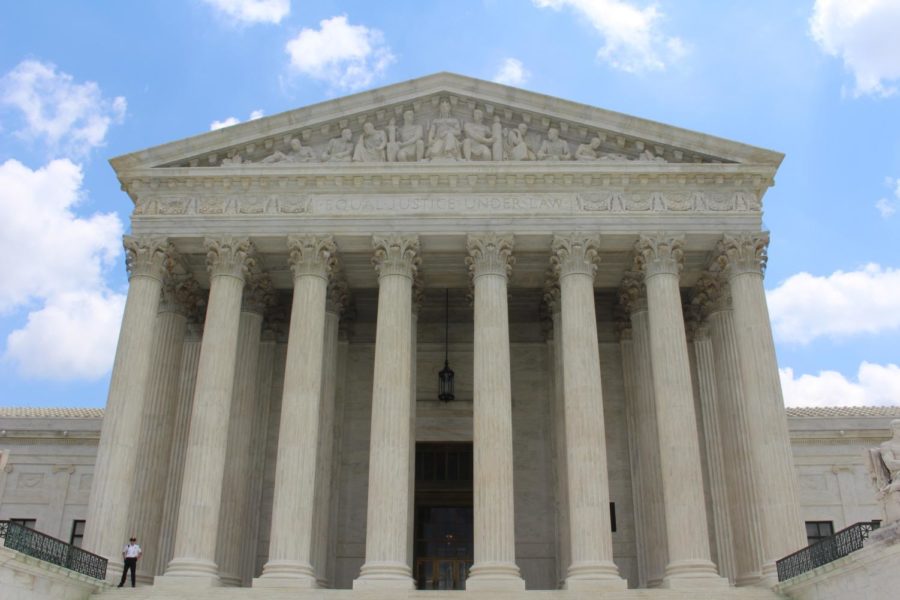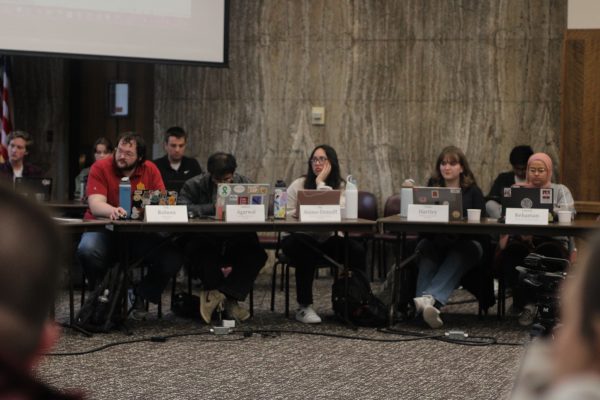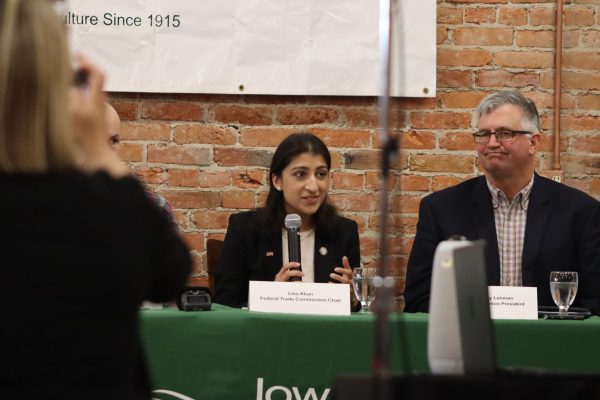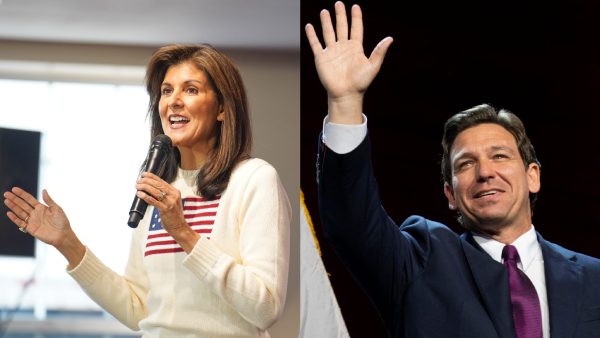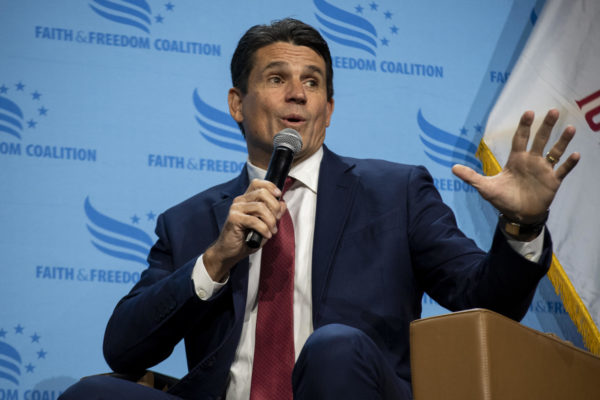SCOTUS strikes down student loan forgiveness program
On Friday, the Supreme Court ruled 6-3 in Biden v. Nebraska, striking down President Joe Biden’s student loan forgiveness program, which would have eliminated $430 billion of federal student loan balances and erased debt balances for 20 million borrowers.
Chief Justice John Roberts was joined by the other five conservative justices on the bench in a majority opinion stating that the Higher Education Relief Opportunities for Students Act (HEROES Act) of 2003 does not give the secretary of education the authority to create a new program affecting 43 million borrowers.
According to the majority opinion, the HEROES Act was originally passed in 2001 because Congress was concerned about borrowers affected by the Sept. 11 attacks. The act gave the secretary of education “specific waiver authority to respond to conditions in the national emergency.”
Instead of allowing the act to expire in 2003, Congress passed an updated version that expanded the waiver authority and stated that the secretary “may waive or modify any statutory or regulatory provision applicable to the student financial assistance programs under title IV of the [Education Act] as the Secretary deems necessary in connection with a war or other military operation or national emergency.”
At the beginning of the COVID-19 pandemic, Betsy DeVos, who served as secretary of education during the Trump administration, used the HEROES Act to suspend repayments and accrual of interest on federal student loans.
“Previously, waiver under the HEROES Act was straightforward: the Secretary identified a particular legal requirement and waived it, making compliance no longer necessary,” Roberts wrote. “Here, the Secretary does not identify any provision that he is actually waiving. No specific provision of the Education Act establishes an obligation on the part of student borrowers to pay back the Government.”
Roberts wrote that “reasonable minds may disagree with our analysis” but that the question is not whether something should be done but who has the authority to do it.
“We do not mistake this plainly heartfelt disagreement for disparagement,” Roberts wrote. “It is important that the public not be misled either. Any such misperception would be harmful to this institution and our country.”
Justice Elena Kagan dissented in an opinion joined by fellow liberal Justices Sonia Sotomayor and Ketanji Brown Jackson characterizing the majority opinion as an overreach by the Court.
“In every respect, the Court today exceeds its proper, limited role in our Nation’s governance,” Kagan wrote.
According to the dissenting opinion, the secretary did waive and modify a specific provision of the Education Act as outlined by the HEROES Act.
“The current Secretary scratched the pre-existing conditions for loan discharge, and specified different conditions, opening loan forgiveness to more borrowers,” Kagan wrote. “That may have been a good idea, or it may have been a bad idea. Either way, the Secretary did only what Congress had told him he could.”
The minority opinion states that the Court should not have even ruled in this case because under Article III of the Constitution, a plaintiff must have standing to challenge a government action. Kagan also wrote that the Court does not allow plaintiffs to bring a suit because they oppose a policy nor allow plaintiffs to rely on injuries suffered by others.
“The plaintiffs in this case are six States that have no personal stake in the Secretary’s loan forgiveness plan,” Kagan wrote. “They are classic ideological plaintiffs: They think the plan a very bad idea, but they are no worse off because the Secretary differs.”
Kagan also disagreed with the majority ruling by stating that the Court, by design, is to decide only on cases and controversies and stay away from policies like student-loan relief.
“The question, the majority maintains, is ‘who has the authority’ to decide whether such a significant action should go forward,” Kagan wrote. “The right answer is the political branches: Congress in broadly authorizing loan relief, the Secretary and the President in using that authority to implement the forgiveness plan. The majority instead says that it is theirs to decide.”
Biden gave remarks at the White House regarding the decision and said that Republican officials could not “bear the thought” of providing relief for working middle-class Americans.
Biden said that some Republican members of Congress who “strongly opposed” student debt relief were given hundreds of thousands of dollars to keep their businesses open during the pandemic.
“The average amount forgiven in the pandemic loan program was $70,000,” Biden said. “The hypocrisy is stunning. You can’t help a family making $75,000 a year, but you can help a millionaire and have your debt forgiven?”
Additionally, Biden said that he now plans to use the Higher Education Act to provide debt relief but that it will take longer than the original plan.
Your donation will support the student journalists of the Iowa State Daily. Your contribution will allow us to purchase equipment, send our student journalists to conferences and off-set their cost of living so they can continue to do best-in-the-nation work at the Iowa State Daily.


